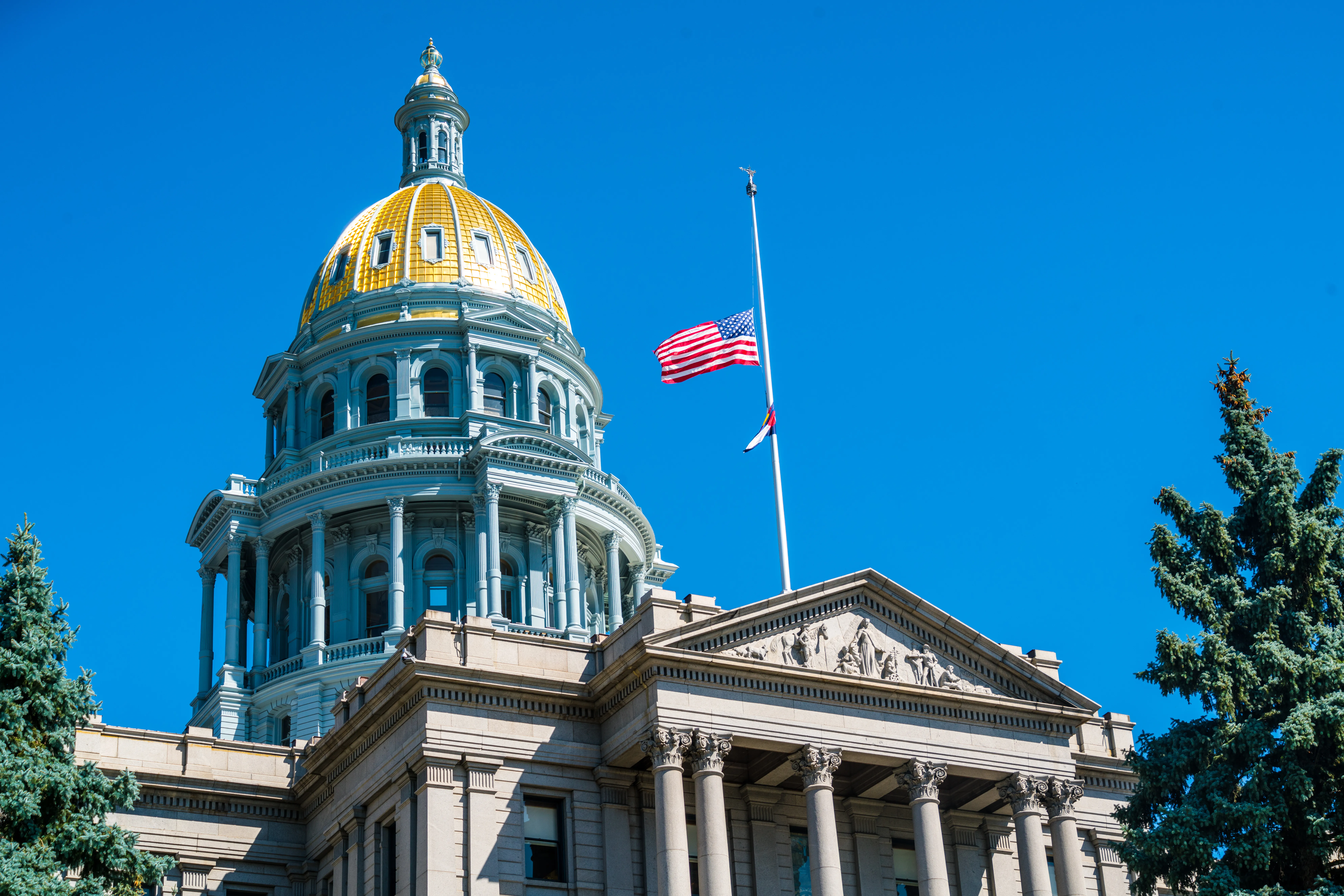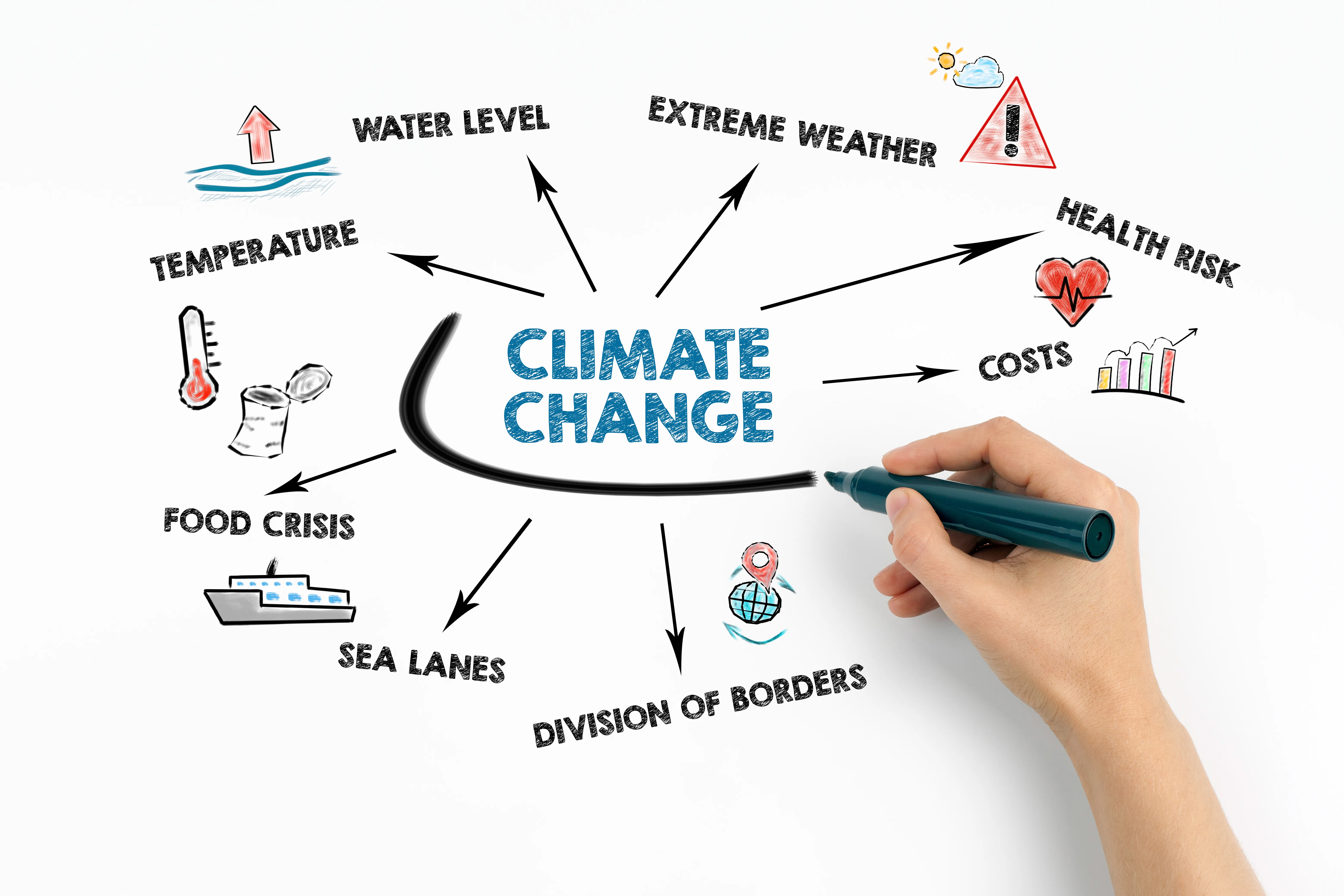
Daily Audio Newscast - June 5, 2024
News from around the nation.
New federal funds earmarked for South Dakota rural water projects; President Biden announces changes at US border; Animal welfare report calls for livestock gestation crate bans; Nevada parent speaks out on bullying, zero-tolerance school policies.
TRANSCRIPT
(upbeat music)
The Public News Service Daily Newscast, June the 5th, 2024.
I'm Mike Clifford.
First to South Dakota where some rural residents struggle to get good drinking water.
But the US Bureau of Reclamation has awarded two local communities with grants to help change that.
Nearly $13 million in Water Smart Route Resiliency Grants are slated for projects in Eagle Butte and Dade County.
The mini Wash Day Water Company, run by the Cheyenne River Sioux Tribe, will receive $2.8 million to pipe water 10 miles northwest of the community to supply 17 existing residences and 20 being constructed.
The water company started planning this project in 1993, according to Executive Director Leo Fisher.
In the meantime, he says, the people living there have had to haul their water.
It's more of a pain than it is anything because you haul it in the back of a vehicle.
In wintertime, everything freezes up.
Piped water is important in the region because area groundwater wells are of poor quality, must run deep into the ground, and have proven unreliable.
I'm Kathleen Shannon.
The Bureau of Reclamation has made Water Smart Grants in 11 states this year.
In facing mounting political pressure over the migrant influx at the southern border, President Joe Biden Tuesday signed an executive order that will temporarily shut down asylum requests once the average number of daily encounters tops 2,500.
That from NBC News.
They quote Biden as saying, "The border is not a political issue to be weaponized, "and the shutdown could go into effect immediately "because the threshold has already been met."
And a prominent animal safety group is calling on restaurants to do more to ban the use of animal gestation crates where livestock and poultry are grown for meat.
A new report from the group Animal Equality says, "Some chains have made progress, but many are like."
Dozens of US restaurant companies pledged to end the use of gestation crates for pregnant pigs in their supply chains back in 2008.
Since then, 11 states, including Iowa and others in the Midwest, have either restricted their use or outlawed them.
Animal Equality's Devon Deer says some restaurant chains still don't comply, but she's encouraged that others do.
And we've seen some really big players in this industry move away from crates.
So for example, McDonald's, Wendy's, Jack in the Box, Chipotle, Shake Shack, Panera Bread.
These companies have all either significantly reduced or eliminated crates.
We know that it can be done successfully.
Scientists say gestation crates, which amount to a space about the size of an airplane seat, are breeding grounds for disease.
The report lists Denny's, Chick-fil-A, Dunkin' and KFC among 13 companies it says have not been aggressive enough in reducing their use of the crates.
In Iowa, the use of those crates grew along with the proliferation of large factory farms in the '80s and '90s, where thousands of animals were confined in limited areas.
This is Public News Service.
About a third of US parents with kids younger than 18 say they worry their children might be bullied at some point, and that became a reality for one Nevada parent.
Christina McDarmon says her 12-year-old daughter, who has a disability and was in the public school system, began to get bullied at the age of 10.
She's now 12 and being homeschooled.
McDarmon says her daughter experienced name-calling and others making fun of her appearance, which eventually led to things getting physical.
Zero-tolerance bullying policies have been implemented around the nation to stop that kind of behavior.
And while McDarmon says she supports the idea these mandates propose, which consists of a punitive approach to bullying, when put into practice, she argues it can lead to a counterproductive response.
I think that school just doesn't do enough to make sure this stuff stops.
What is it gonna take?
Someone really seriously getting hurt and ended up in the hospital, you know, or something?
I'm Alex Gonzalez reporting.
And next to Virginia, where Dominion Energy is eyeing a new site for a natural gas plant in Chesterfield.
Documents show the company is considering the recently closed Chesterfield Power Station site.
Dominion sent Chesterfield County officials a letter requesting they complete the local governing body certification and site suitability and value forms for the site.
Mason Manley with the Chesapeake Climate Action Network says the county's response shows using the new site means a local zoning decision may not be necessary.
Because this coal plant has been operating on this site before, it's already zoned correctly for electricity generation, which means that there's no zoning case at the county level for community members to fight.
So they wouldn't need the zoning.
But the project faces other hurdles, including getting an air permit from the Department of Environmental Quality and final approval from the State Corporation Commission.
Though it was originally proposed in 2019, it's been in limbo due to a corruption lawsuit in the enactment of Virginia's Clean Economy Act.
That law requires Dominion to generate 100 percent renewable electricity by 2045.
Edwin J. Vieira reporting.
Finally, from Danielle Smith, the recent study on pre-K ed in Pennsylvania reveals that much work remains to improve investments in the pre-K education in the state.
The Pre-K for PA campaign asked lawmakers to boost funding in the fiscal budget as the June 30th deadline approaches.
Partnering with the campaign, Kerry King with Pennsylvania Partnerships for Children says they support Governor Josh Shapiro's proposed $33 million increase for pre-K, which would strengthen the sector and expand access to high quality programs.
The funds would aim to increase rates for providers.
Pre-K is an area where like many other sectors, there's a workforce shortage.
And so the funds in the state budget will really go to those programs to make sure that they're sustainable.
This is Bob Clifford for Public News Service, member and listener supported.
Here's some radio stations, big and small, your favorite podcast platform and find our trusted indicators at publicnewsservice.org.
















